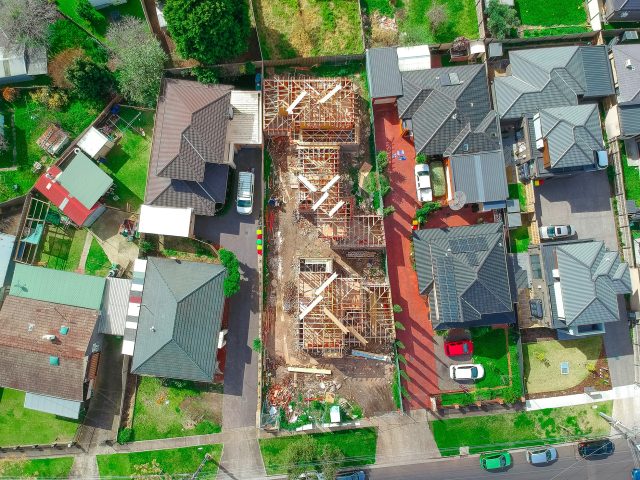




Book a Free Consultation!
✅Builders CFO Program
✅Business Improvement Program
✅Taxation Advice


Want to learn this through audio? Click to play! 🎧
⬇️⬇️⬇️
Due to the current economic environment in your industry banks are now looking closer into your business than they have ever before and how it is managed and not just your historical trading performance is critical. Having these covered off on are now critical in achieving a positive outcome for your application.
Based on our recent discussions with some of the major banks they have highlighted the key information that they are looking for when a finance application is being considered.
We have provided the key items that a bank may look for when considering finance for a construction business. The items highlighted in yellow are a couple that they are now heavily relying on to persuade credit to look favourably on a finance application.
To secure finance for a builder, banks typically have specific requirements to assess the builder’s financial stability and the feasibility of the projects they are involved in. Here are some common requirements including ones that they are now focusing on in yellow:
- Financial Statements: Builders will need to provide their financial statements, including income statements, balance sheets, and cash flow statements, for the past few years. These documents help banks evaluate the builder’s financial health and ability to manage funds.
- Quoting Software: Providing accurate and up-to-date material prices through quoting software is important for banks to assess the cost estimates of the builder’s projects. This demonstrates that the builder is using industry-standard methods for pricing and budgeting including the ability to have updated pricing on all materials and products when quoting.
- Work-in-Progress (WIP) Report: A comprehensive WIP report for all ongoing jobs is crucial. This report should include details of each project’s progress, expenses, expected completion dates, and projected revenue. Banks use this report to evaluate the builder’s current workload and potential income.
- Budgets and Forecasts: Detailed budgets and financial forecasts. These documents should outline the expected costs, revenues, and projected profits for future financial periods.
- Signed Contracts: Banks may require copies of signed contracts for ongoing and upcoming projects. These contracts show the scope of work, payment terms, and the builder’s commitment to the projects.
- Credit History: The builder’s credit history and credit score will be assessed to determine their creditworthiness. A good credit score increases the chances of securing favourable financing terms.
- Collateral: Builders may need to offer collateral, such as properties or equipment, to secure the loan. Collateral provides the bank with an additional layer of security in case of default.
- Industry Experience: Demonstrating relevant experience in the construction industry is essential. Banks are more likely to lend to builders with a successful track record and proven expertise.
- Licenses and Permits: Builders must possess all necessary licenses and permits required for their projects. This indicates compliance with local regulations and mitigates potential legal risks.
- Insurance Coverage: Banks may require builders to have comprehensive insurance coverage, including liability insurance and builder’s risk insurance, to protect against potential accidents or damage during construction.
It’s important to note that each bank may have slightly different requirements, so it’s best for the builder to approach multiple banks and financial institutions to compare their offers and find the best fit for their financing needs. Additionally, a strong and transparent relationship with the bank can help facilitate the loan approval process.

Send To Someone